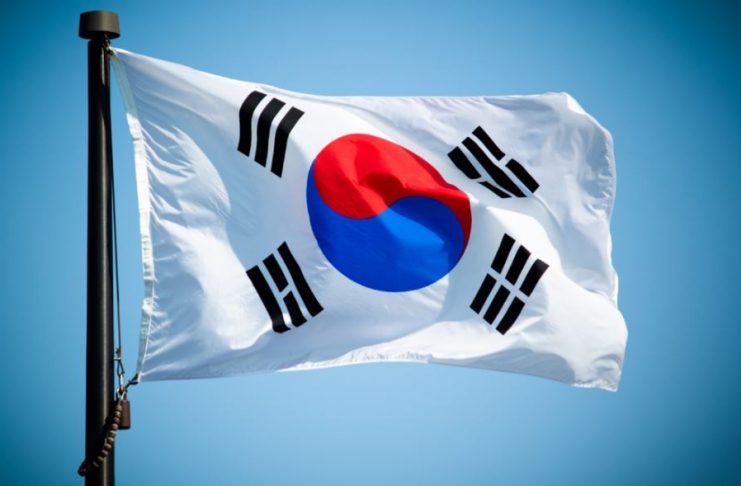The Bank of Korea has clarified its stance on Bitcoin, stating it has not considered including the asset in foreign exchange reserves.
Per a local report, this response came after an inquiry from a member of the National Assembly Planning and Finance Committee, Cha Gyu-geun.
The central bank emphasized the need for a cautious approach. He cited Bitcoin’s volatility and its failure to meet the International Monetary Fund (IMF) criteria for foreign exchange reserves.
High Volatility and Liquidity Concerns
The central bank highlighted Bitcoin’s price instability as a primary concern. At the start of the year, Bitcoin’s price reached 160 million won but recently declined to 110 million won. This significant fluctuation in Bitcoin’s value has led to uncertainty about its reliability as a reserve currency.
Some market participants anticipate that Bitcoin could surpass 1 billion won, while others warn of a potential collapse to zero. Given these projections, the Bank of Korea warned that instability in the virtual asset market could increase transaction costs when converting Bitcoin into cash. This raises liquidity concerns, as foreign exchange reserves must be readily accessible when required.
Bitcoin Fails to Meet IMF Reserve Standards
The Bank of Korea also noted that Bitcoin does not meet the IMF’s criteria for foreign exchange reserves. According to the IMF, reserves must be liquid, denominated in a convertible currency, and have an investment-grade credit rating. Bitcoin lacks these attributes, making it unsuitable for inclusion in Korea’s foreign exchange reserves.
Despite some countries, such as the Czech Republic and Brazil, expressing positive views on Bitcoin as a reserve asset, major financial institutions, including the European Central Bank, the Swiss National Bank, and the Japanese government, have opposed its adoption. The Bank of Korea reaffirmed that there has been no internal discussion or review regarding Bitcoin’s inclusion.
International Perspectives on Bitcoin Reserves
The debate over Bitcoin’s role in national reserves has gained momentum globally. On March 6, U.S. President Donald Trump signed an executive order creating a national reserve of Bitcoin.
Notably, the reserve will comprise Bitcoin acquired through civil and criminal forfeiture processes. The government also disclosed plans for additional purchases in budget-neutral ways.
DisClamier: This content is informational and should not be considered financial advice. The views expressed in this article may include the author's personal opinions and do not reflect The Crypto Basic opinion. Readers are encouraged to do thorough research before making any investment decisions. The Crypto Basic is not responsible for any financial losses.



